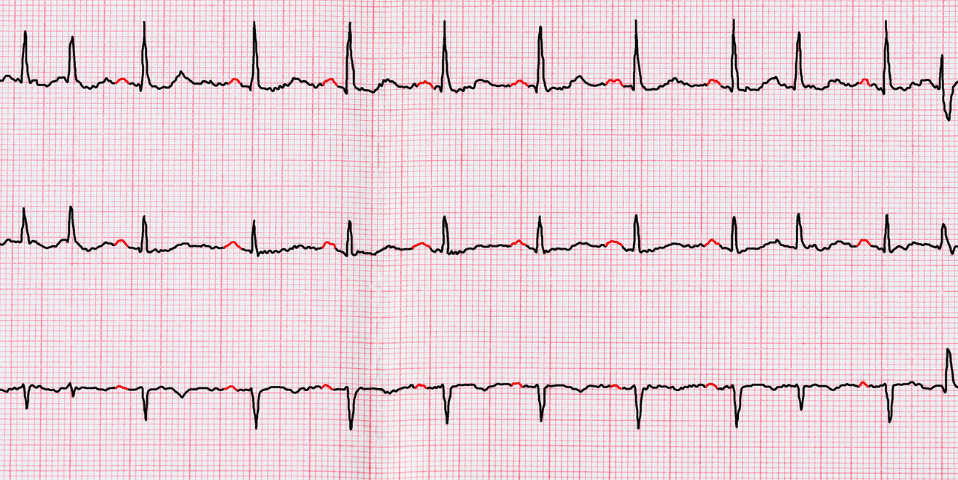AF HealthPlan information

Expert Care to Control Your Heart Rhythm and Protect Your Future
What is the Atrial Fibrillation Health Plan?
The Atrial Fibrillation Health Plan is a specialized, evidence-based program designed for individuals living with atrial fibrillation (AFib or AF). This comprehensive care plan combines expert cardiac care, personalized lifestyle management, advanced monitoring technology, stroke prevention strategies, and holistic support to help you manage your condition, reduce symptoms, prevent complications, and improve your quality of life.
Our Mission:
To empower individuals with atrial fibrillation to live full, active lives through expert medical management, cutting-edge monitoring technology, evidence-based interventions, and compassionate support—while significantly reducing the risk of stroke and other serious complications.
Understanding Atrial Fibrillation
What is Atrial Fibrillation?
Atrial fibrillation is the most common heart rhythm disorder, affecting the upper chambers (atria) of your heart. Instead of beating in a regular, coordinated rhythm, the atria quiver or fibrillate irregularly, causing an irregular and often rapid heartbeat.
Key Facts:
- Affects over 6 million Americans and growing
- Risk doubles with each decade after age 50
- 3-5x increased risk of stroke if untreated
- Can be paroxysmal (comes and goes), persistent (lasts >7 days), or permanent
- Many people have no symptoms and don't know they have it
- Can be successfully managed with proper treatment
What Happens During AFib:
- Electrical signals in your heart become chaotic and disorganized
- Atria quiver instead of contracting effectively
- Blood doesn't flow properly through the heart chambers
- Heart rate becomes irregular and often rapid (100-175 bpm)
- Blood can pool and form clots, especially in the left atrial appendage
- These clots can travel to the brain, causing stroke
Common Symptoms
Many people with AFib experience:
- Palpitations - Feeling like your heart is racing, fluttering, or skipping beats
- Fatigue - Unusual tiredness, even with minimal activity
- Shortness of breath - Difficulty breathing, especially during exertion
- Dizziness or lightheadedness - Feeling faint or unsteady
- Chest discomfort - Pressure, tightness, or pain
- Reduced exercise tolerance - Can't do activities you used to do
- Anxiety - Feeling of unease or panic, especially during episodes
Silent AFib: Up to 1 in 3 people with AFib have no symptoms at all, making detection through screening crucial.
Risks of Untreated AFib
Immediate Risks:
- Stroke - 5x higher risk; AFib causes 1 in 4 strokes after age 80
- Heart failure - Weakened heart muscle from prolonged rapid rates
- Blood clots - Formation in heart chambers leading to embolism
- Cognitive decline - Even without stroke, increased dementia risk
- Reduced quality of life - Symptoms limit daily activities
Long-Term Complications:
- Persistent AFib - Temporary episodes become permanent
- Cardiomyopathy - Heart muscle damage from chronic rapid rates
- Increased hospitalization - Emergency visits and admissions
- Mortality risk - 2x increased risk if poorly managed
The Good News
With comprehensive management, people with AFib can:
- Reduce stroke risk by up to 70% with proper anticoagulation
- Control or eliminate symptoms in 70-80% of cases
- Maintain normal activity levels and quality of life
- Prevent progression to permanent AFib
- Reduce hospitalization by 60% with proper management
- Live normal lifespans with appropriate care
Our Approach:
The Atrial Fibrillation Health Plan provides integrated medical management, lifestyle optimization, advanced monitoring, and comprehensive support to help you control AFib and prevent complications.
Includes also:
- CHA₂DS₂-VASc score calculation (stroke risk assessment)
- C: Congestive heart failure
- H: Hypertension
- A₂: Age ≥75 (2 points)
- D: Diabetes
- S₂: Prior stroke/TIA (2 points)
- V: Vascular disease
- A: Age 65-74
- Sc: Sex category (female)
